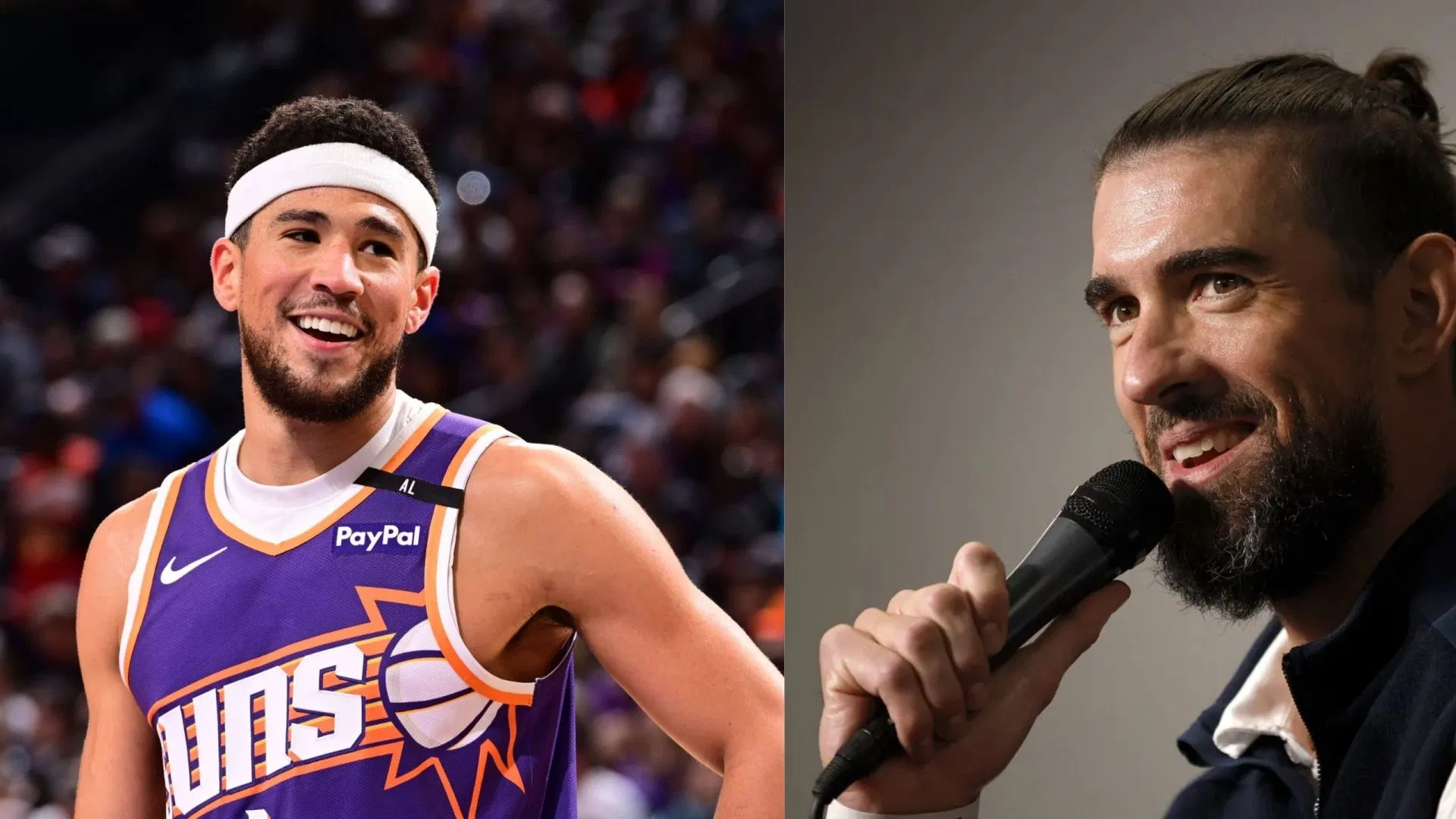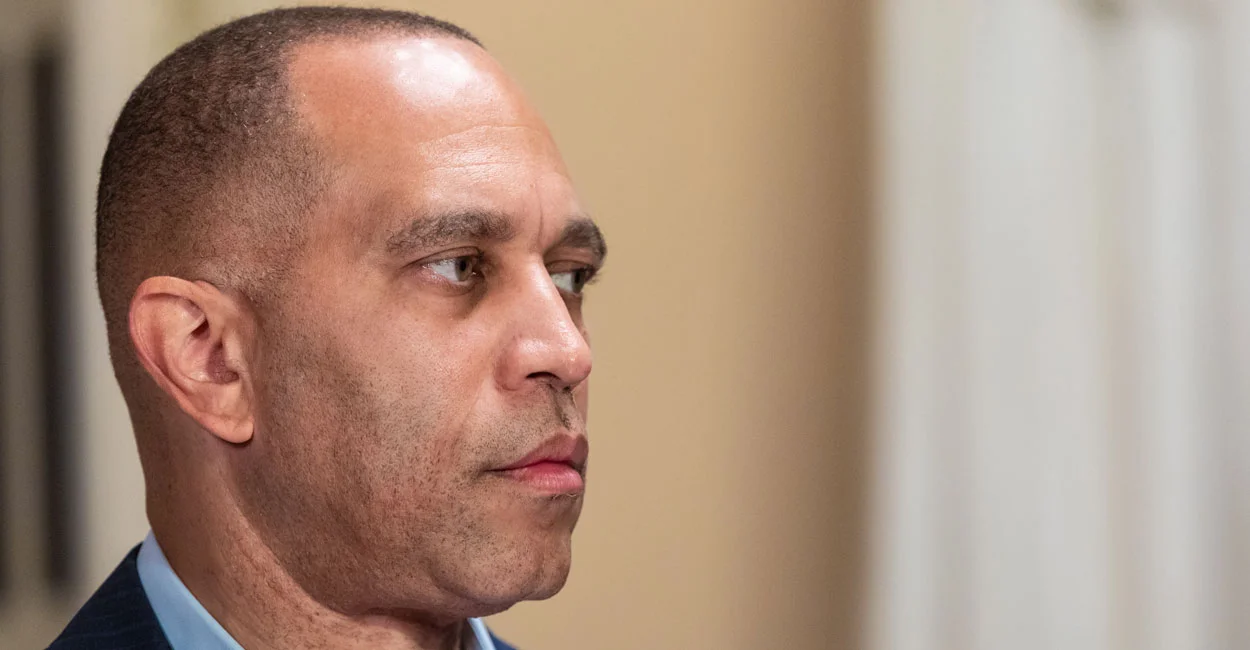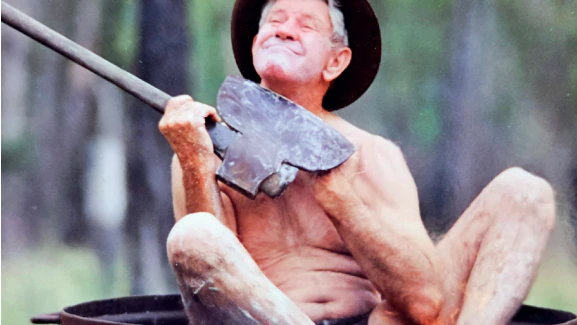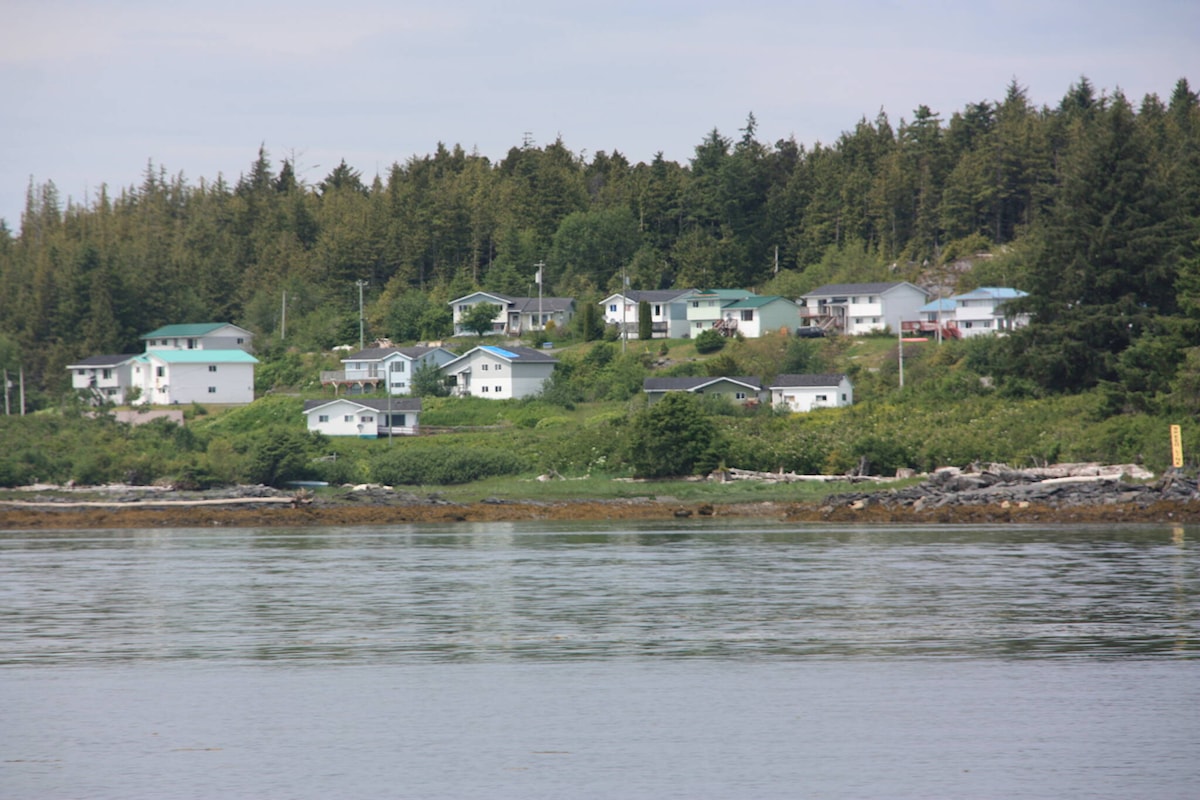Copyright metro
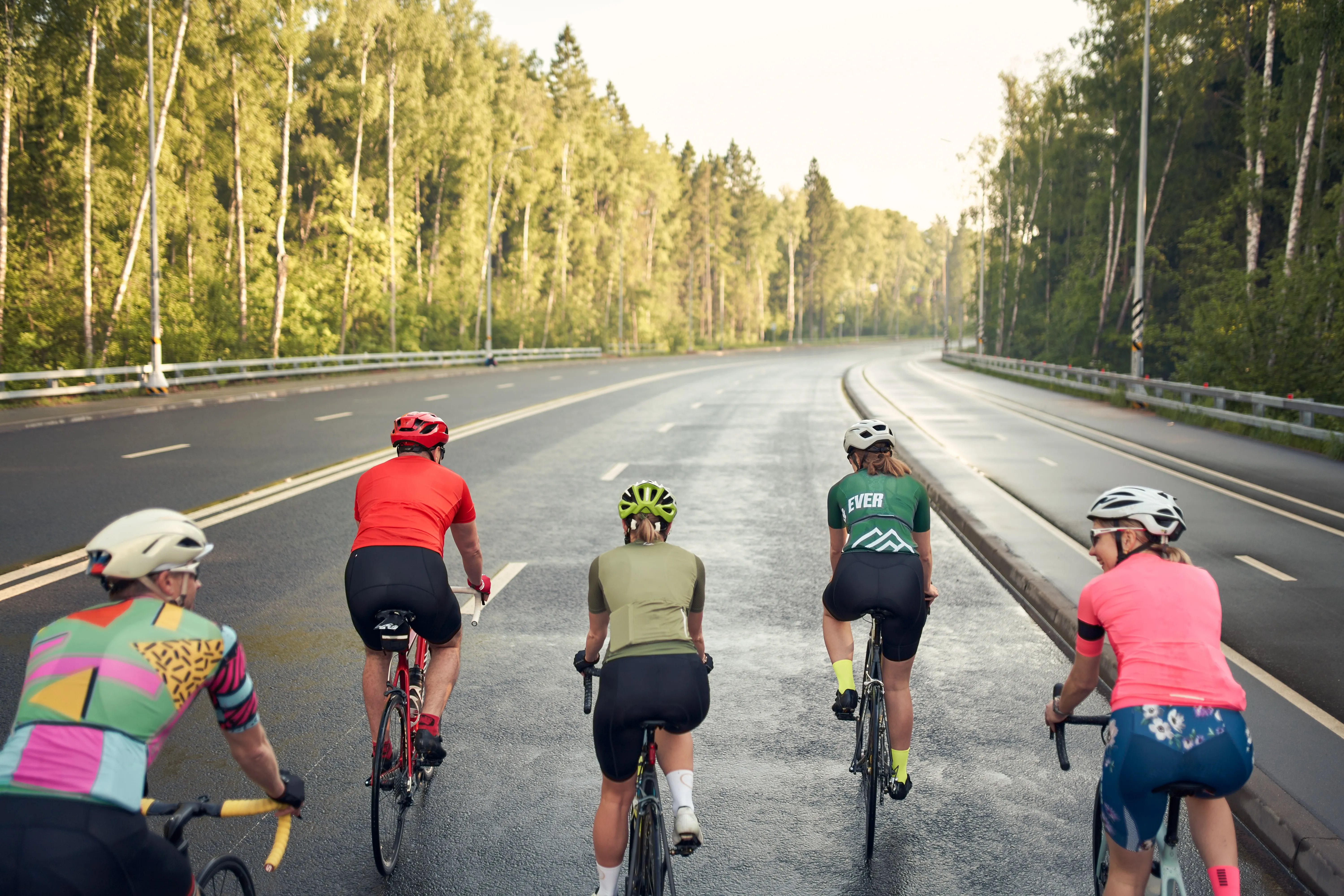
Cycling UK claim that their list is made up of women from ‘all walks of life and every corner of the cycling world’ (Picture: Getty Images) There is something incredibly heartening when a community comes together for trans inclusion, and in today’s climate, it’s especially welcome. This week, several women who were winners of Cycling UK 100 Women awards, declined their prizes due to the exclusion of trans women from consideration, with one stating that ‘cycling is about freedom, connections, and belonging’ and the recognition meant ‘little’ if it came at ‘someone else’s expense’. Cycling UK claims that this list is made up of women from ‘all walks of life and every corner of the cycling world’ and that they are ‘absolutely dedicated to bringing the joy of cycling to everyone’. But their decision to actively exclude a group of women specifically is in stark contradiction to that statement. The objections have shown that Cycling UK have gravely misjudged the people they claimed to represent. It baffles me how they can make these claims, when their actions and hollow words show the exact opposite. It’s insulting and embarrassing – but I’m cheered by the solidarity shown by some of the winners. Seeing them stand up for trans women against this decision is an incredible act of allyship, and goes to show that not everyone agrees with the current path many organisations have chosen to go down – both before and after the Supreme Court Ruling this April – that clarified that ‘Sex’ in the Equality Act referred to biological sex. Once I came out as trans, I felt I had no choice but to quit sports (Picture: Ugla Stefania Kristjonudottir Jonsdottir) One particular woman among the winners, Megan Joy Barclay, said on Instagram that she always saw awards like this as a ‘celebration of grassroots and community power’, and underscored her belief that ‘hateful laws have no place there.’ Megan went on to say that riding bikes was her ‘safe place in this sometimes devastating world and everyone should be welcome to that experience.’ I’v recently rediscovered sports as a trans adult (Picture: Ugla Stefanía Kristjönudóttir Jónsdóttir) Another recipient of the top 100 women in cycling, Dr Sarah Ruggins, also reacted on Instagram, saying that the Cycling UK committee were denying the ‘dignity, inclusion and opportunity’ that ‘trans women and other minorities deserve’. This is precisely what sport is about, especially on a grassroots level. Participating in sports can literally be life-saving for people, where they are able to exercise, be welcomed and do something they love. In a world where trans people already face exclusion on so many levels, such acts of solidarity and allyship are a beautiful reminder that division and exclusion are always a choice we can do our best to reject. A simple act of acceptance doesn’t require anything but a shred of human decency (Picture: Getty Images) Research already shows us that trans people’s physical health and time spent on physical exercise is a lot lower than the general population, exactly due to fears of discrimination and exclusion. I know this for a fact as someone who was always active in sports growing up. Once I came out as trans, I felt I had no choice but to quit sports, due to fears of exclusion and discrimination. It’s only been in recent years where I’ve started participating in women’s community sporting groups, where I have been completely accepted without question. This has given me great joy, I’ve made friends and been able to look after my physical health better. It means the world to me. Such a simple act of acceptance doesn’t require anything but a shred of human decency. I hope this will serve as a powerful example to the UK and beyond, about how acceptance and solidarity should always be at the heart of grassroots sports – and how it needs to remain as a force of inclusion, freedom and expression, instead of falling prey to hate and exclusion. Organisations like Cycling UK play a massive role in making the world a better place for everyone. I hope they will listen to their members who took a stand for inclusion. If joy for all is the goal of sporting bodies, they need to prove it. Because in the end the only race worth winning is the one towards a kinder and more inclusive world for all. Do you have a story you’d like to share? Get in touch by emailing M.Navarrogriffiths@metro.co.uk. Share your views in the comments below.
